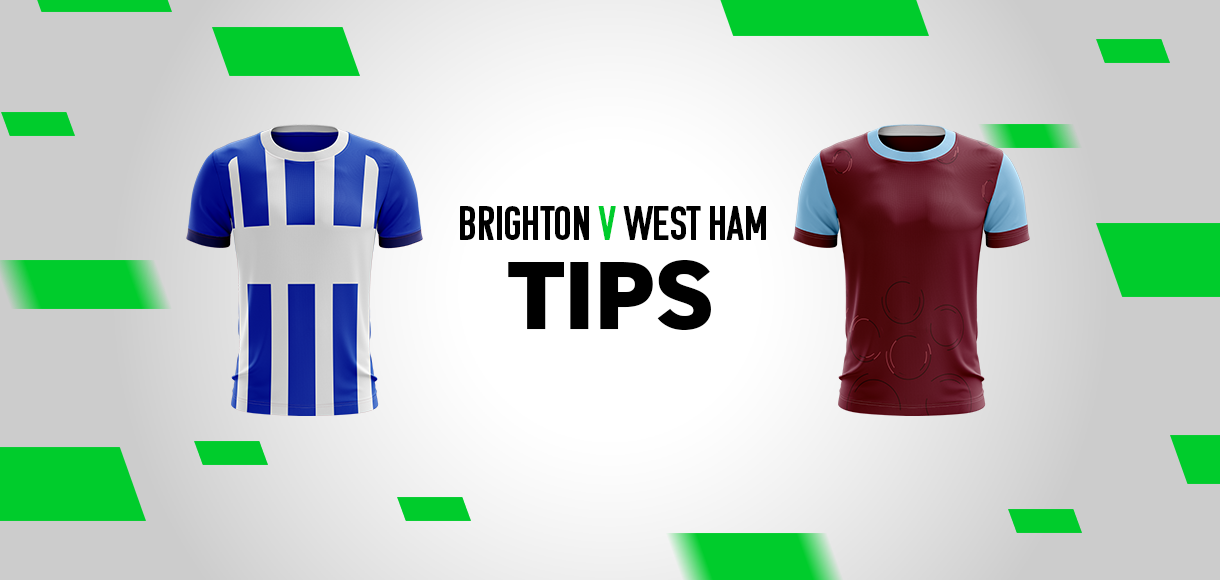Premier League outright tips based on lessons from the restart

We look at what can be gleaned from the effects of football behind closed doors and apply that logic to the top flight ahead of its own restart.
Home advantage disappeared
Perhaps the most obvious trend since the Bundesliga returned in front of empty stadiums is how the lack of a crowd has killed home advantage.
Since the Bundesliga came back, home sides have won just 22 per cent of matches – a drop from 43 per cent prior to lockdown.
This translates to other European leagues that have restarted. There have been 10 home wins out of 32 in Czech Republic and 11 out of 29 in Estonia.
The winning ratio of the away team, meanwhile, has risen from 35 per cent to 48 per cent in Germany.
Applying that rule to the Premier League means that fourth-placed Chelsea look a sensible bet to finish in the top four.
The Blues have earned an equal number of points both at home and away and are easier to get behind than Manchester United , who have taken 29 of their 45 points at Old Trafford and are three points behind fourth.
Sixth-placed Wolves are also of some interest at for those who would like a longer-priced pick.
Nuno Santo’s side have taken only one more point at Molineux than they have on the road and are five points behind fourth-placed Chelsea, who they face in their last match of the season.
Looking at the bottom of the table, it’s second-bottom Aston Villa who will be worst affected by the lack of home advantage.
Dean Smith’s side have taken 68 per cent of their points at Villa Park this season and can ill-afford to drop many more.
Fewer upsets
With all other factors stripped back, it looks like the more technical, ‘footballing’ teams are enjoying the most success.
In other words, the better teams beat the worst teams even more often.
In the Bundesliga, top-half sides have won 17 games out of 23 against teams in the bottom half since the restart, losing just two.
Compare that to winning 10 out 18 prior to lockdown and there is a clear difference.
Take this logic to the Premier League and, again, you have to be fearful for Aston Villa.
Statistically, the Villains have the third-most difficult run-in of any team, with the average league position of their remaining opponents being 8.4.
Brighton’s run-in doesn’t look favourable, either.
The Seagulls are available at for the drop and must face Arsenal, Leicester, Manchester United, Liverpool and Manchester City in their final nine matches.
With a buffer of two points to the relegation zone, things could soon get uncomfortable.
Don’t expect big shifts in momentum
Bundesliga teams who were in good form before the season was halted have generally picked up where they left off.
Bayern Munich had won 10 league games in 11 before play was suspended and are yet to drop a point in the games since.
Dortmund, meanwhile, have won four out of five, having previously been on a run of seven victories out of eight.
Further down the table, Schalke were on a seven-game winless run in March. They have lost four and drawn one since the restart.
Frankfurt lost three consecutive games before the season was paused and initially struggled to get going again, too. They started up with two defeats and a draw once football resumed.
Applying the same rules to the Premier League means that Aston Villa and Brighton – again – will be hit hardest.
The former had lost five on the spin in all competitions before the break, while the latter are yet to win a league game in 2020.
RECOMMENDED BETS
Chelsea to finish in the top four –
Wolves to finish in the top four –
Brighton to be relegated –
Aston Villa to be relegated –
Visit Betway's football betting page.





































